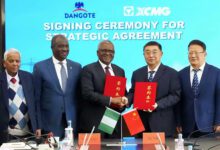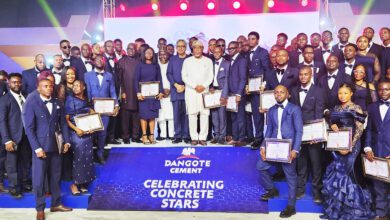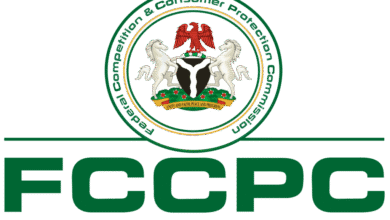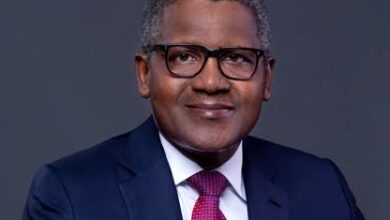FG Developing Policies To Support Industries -Trade Minister

Minister of Industry, Trade and Investment, (FMITI) Adeniyi Adebayo has said that the federal government was developing policies to assist in industrial production of goods across the country.
Adebayo said this on Tuesday at the 2022 Equipment and Manufacturing West Africa Expo (EMWA) which was held in Lagos.
TheFact Nigeria gathered that Adebayo, who was represented by Adewale Bakare, Director, Industrial Development in the Ministry said, the federal government had also developed the import duty exemption certificate (IDEC) to enable local manufacturers to import equipment.
“Other policies the ministry is formulating and developing include: cassava, palm oil, dairy, rice, wheat, equipment, and machinery etc. The equipment and machinery policy like any other is designed to facilitate and promote the growth of investment in the equipment and machinery sector in-country. The policy is being developed in close collaboration with all thestakeholders in the industry, including the private sector,” he said.
“The federal ministry of industry trade and investment has come up with import duty exemption certificate (IDEC) where incentives are given to local manufacturers to import machinery and equipment that are not fabricated locally, at zero percent, as a way of cushioning the effect of the high cost of production for commodities, goods, and services.
“The implementation of IDEC is carefully being executed to ensure that equipment and manufacturers/fabricators in the country are adequately protected and more importantly competitive in their manufacturing processes.
“This particular policy is implemented to the effect that we do not short-change people that have invested in the equipment and machinery.
“It is for you to apply to the federal ministry of industry and we would do an assessment to ascertain that you’re a genuine manufacturer and that will now be recommended to the federal ministry of finance budget and national planning to upload on the portal and you will be granted once you qualify.”
He further listed the Cement Industry Policy, Nigeria Sugar Master Plan, Nigeria Automotive Industry Development Plan, Cotton Textile and Garment (CTG) Policy, and Leather and Leather Product Policy as some of the existing policies that support manufacturing across the country.
Adebayo said, the Central Bank of Nigeria’s (CBN) RT200 programme was derived from the policies mentioned.
“What the CBN concentrated on was to use the monetary policy tools in order to deepen the implementation of these policies which are derivable from the fiscal part of the government,” he added.
While noting that Nigeria had struggled with the ease of doing business for many years, he said, progress was being made to ensure that businesses thrive.
Adebayo added that the ministry was a willing partner in ensuring the necessary enabling environment that would further stimulate industrialization, accelerate domestic and foreign direct investments, as well as ensure a coordinated and integrated approach to Nigeria’s trade policy.
Speaking Earlier, Obi Emekekwue, former director and global head of communications at the African Export-Import Bank (Afreximbank), stressed on the significance of manufacturing in the growth of an economy.
Emekekwue, therefore, urged the government and relevant stakeholders to support trade events in Nigeria.
“Events like this with the ability to attract over 1500 visitors remain relevant in the manufacturing sector and serve as a catalyst to the growth of our economy, hence should be given requisite support from government and all stakeholders,” he said.
Joseph Oru, Managing Director, of Zenith Exhibitions, said the event was a means for the company to contribute its quota in terms of finding lasting solutions to some of the challenges in the manufacturing sector.
“We know the challenges and we’re trying to proffer solutions,” he said.






